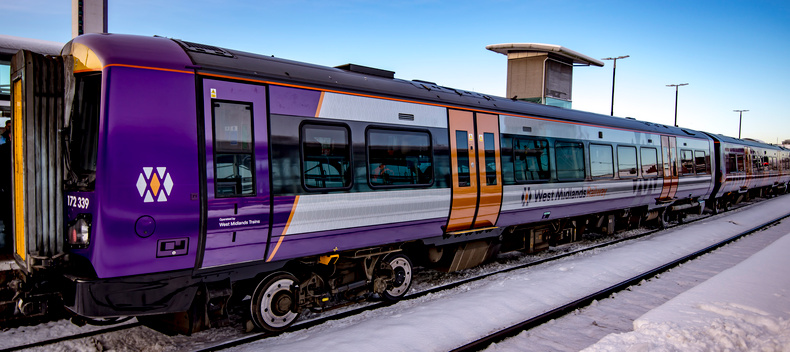Government announces major shake-up of UK's rail system

A new centralised body will take control of timetables and ticketing in the biggest shake-up of the UK 's rail network in three decades, the Government has announced.
Great British Railways has been created to set timetables and prices, sell tickets and manage rail infrastructure.
However, private operators will still be contracted to run most trains.
Transport Secretary Grant Shapps said the aim was to offer more punctual services and cheaper tickets.
The changes follow a review by Mr Shapps and former British Airways boss Keith Williams.
GBR will replace the current operator of infrastructure, Network Rail, but is not expected to be established until 2023.
The government says the new system should look more like Transport for London, with multiple operators under one brand, offering greater accountability when things go wrong.
Raj Kandola, head of policy at Greater Birmingham Chambers of Commerce, said: “Rail passengers have been demanding change to the UK 's fragmented rail system for some time, so we welcome any changes that ultimately lead to greater efficiency and better services.
“However, it remains to be seen what impact a central body will have on local services. An over centralised system could lead to less input on timetables in our region, as well as other decisions that require local knowledge.
“The Government must also asses what impact the pandemic is going to have on commuter patterns long-term before it commits to sweeping changes, particularly as more people are likely to continue working from home. ”
Maria Machancoses, CEO of transport body Midlands Connect, said the changes could be positive for passengers if implemented properly
She said: “This raft of changes is what the rail industry and its passengers have been waiting for, and if implemented correctly, could have huge benefits for travellers.
“By specifying timetables, service levels and operating standards, this concession model will reward operators for delivering what passengers want most - trains that run on time, friendly service and clean stations. ”
However, Ms Machancoses said the new system also presents risks, such as decisions over local rail being made centrally.
She added: “The rail network has become very fragmented over the last 20 years, so coordinating the network via a centralised organisation, the 'Great British Railway ' presents many opportunities, including providing the public with much needed clarity on decision making - who is ultimately responsible for what.
“However, this centralisation also presents risks - namely that the new structure will be less agile or have a lesser understanding of local issues than the previous franchising model.
“We must prevent decisions about local services being made centrally, impeded by a limited understanding of the local area, its economic needs or people that live there.
“As we continue to identify and develop the key strategic rail priorities for the region, Midlands Connect, alongside our local councils is best placed to support Government and the proposed GBR in achieving this. ”
